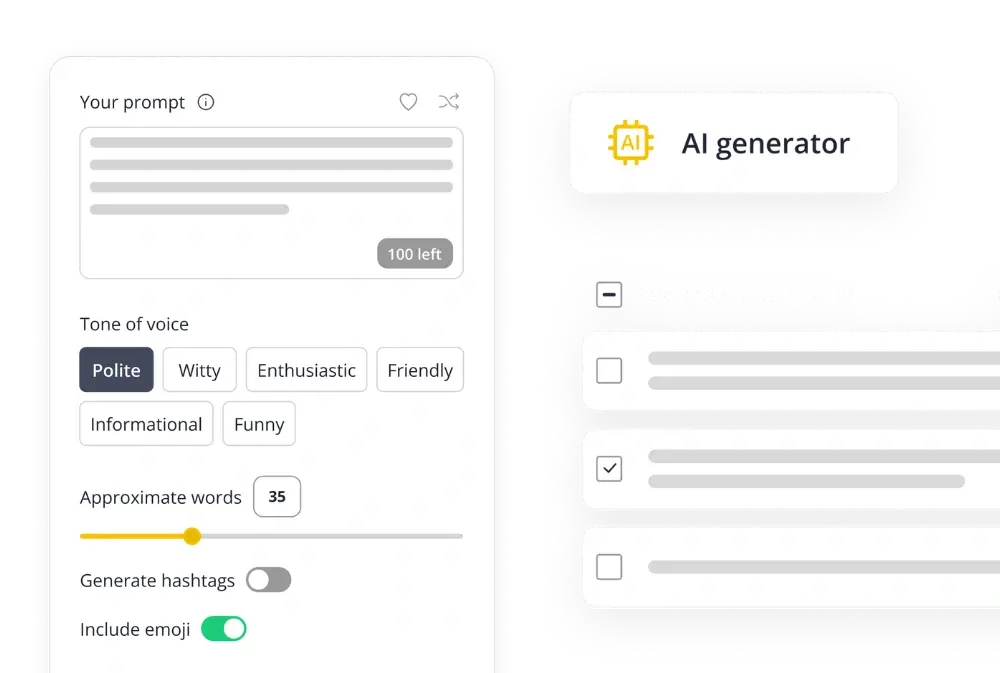What Is Engagement?
Engagement definition
Engagement is a term used to describe any sort of interaction with the media content of your brand. It is associated with the level of an active relationship that a customer shares with a business and is termed as customer engagement thus any interaction a buyer has with a property a seller owns is considered an engagement.
The concept of engagement falls under the umbrella of a sales strategy that is popular to this day called AIDA which stands for Awareness, Interest, Desire, Action.
When talking about online advertising, engagement is intended to be the tool through which advertisers persuade users to connect to their brand.
The IAB— Internet Advertising Bureau— defines engagement as “a spectrum of consumer advertising activities and experiences, cognitive, emotional, and physical, that will have a positive impact on a brand”.
For most digital marketing practices (social media, SEO, display advertising, etc), engagement means interacting with the media content of the brand. By simply giving attention to something in any form, a relationship has begun to form between the user and the brand.
How to measure engagement
Engagement can be measured in countless ways like page views, subscribers to a newsletter, comments, and “likes” to name a few. The engagement metrics you choose to have as your KPIs (key performance indicators) depend on the objectives and strategy of your business.
Why engagement is important
The concept of engagement differs from one communication channel to another and must be worked differently on the various platforms in which we operate (website, blog, mobile marketing, emails).
Engagement can be used to get the pulse of your online community and also to measure the interest in your brand.
Customer experience, customer involvement, customer satisfaction, customer commitment, and so on are frequently misinterpreted as customer engagement.
For customer engagement to exist, the customer should have a satisfied and emotionally connected relationship with the brand.
A popular theory of customer engagement reveals that if a customer is satisfied with your brand and has an emotional attachment with it, then he/she would be engaged with your brand in the form of purchases (direct contribution), referrals, influence, and feedback (indirect contribution).
Types of engagement
When talking about customer engagement, various studies have revealed three main types:
Fully engaged customers are emotionally attached and rationally loyal. They’ll go out of their way to locate a favored product or service, and they won’t accept substitutes. True brand ambassadors, they are a company’s most valuable and profitable customers.
Indifferent customers are emotionally and rationally neutral. They have a take-it-or-leave-it attitude toward a company’s product or service.
Actively disengaged customers are emotionally detached from a company and its products or services. They will readily switch brands. If switching is difficult or impossible, they may become virulently antagonistic toward the company. Either way, they are always eager to tell others exactly how they feel.
TL;DR:
By consistently tracking customer engagement results constantly and developing the right data-based actions, you can ensure that your business is maximizing its customer engagement and seeing the benefits in the form of higher sales, growth, and profitability.
Recommended for you: 6 Ways to Increase Engagement on Social Media Immediately






